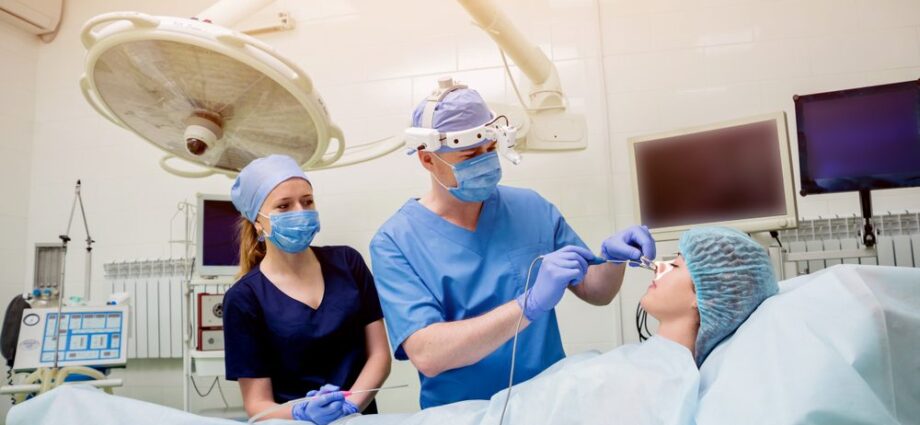Facial pain, nasal pressure, and impaired breathing are common symptoms of sinusitis. While you might experience the symptoms for a few days, sometimes they can last for more than three months resulting in chronic sinusitis requiring surgery. Your healthcare provider can recommend sinus surgery Los Angeles to alleviate your symptoms.
You can be a good candidate for sinus surgery if your condition does not respond to medications or you have other complications, including structural abnormalities.
What happens during endoscopic sinus surgery?
Before you can undergo surgery, your doctor will give you preparation guidelines that revolve around food and medicine intake. Since the procedure requires general anesthesia, it might be best to avoid eating six to eight hours before surgery.
During the surgery, your doctor will administer general to ensure you are comfortable and relaxed. Then, through your nasal cavity, they will guide an endoscope with a thin camera to visualize and magnify your nasal cavity. Your healthcare provider will use the images on the adjacent screen to guide the surgery.
Through your nose, your doctor will use special instruments to remove all nasal blockages, including diseased bones, diseased or scar tissues, and nasal polyps. Afterward, your nasal cavity and pathway will be clear, causing free airflow and reducing the sensation of stuffiness. Once the anesthesia wears off, your surgeon will allow you to go home.
How can you benefit from sinus surgery?
You can benefit from endoscopic sinus surgery through the prevention of future sinus infections and better response to treatment methods. The following are the benefits of the surgery:
Prevention of future infections
It can be frustrating to experience nasal congestion, especially if you are prone to sinusitis. After endoscopic sinus surgery and the removal of blockages, your nasal cavity will be widened to ensure that you enjoy a free flow of air. You will experience little to no pressure, and in case of congestion, it will be easier to administer nasal sprays due to the widened nasal cavity.
Diminished facial pain
The blockages in your nasal cavity cause immense pressure, leading to intense facial pain. The treatment will reduce your pain and improve your quality of life due to better sleep. It can be difficult to sleep if you have intense pain resulting in fatigue and affecting your daily performance.
Recovery
After endoscopic surgery, you might experience effects such as pain, minor bleeding, fatigue, and congestion, but they will go away after a week or two. You can use prescribed medications to manage pain and discomfort. Ensure you get a lot of rest and sleep for a smooth recovery.
When sleeping, ensure your head is elevated to prevent swelling and facilitate easy drainage. To prevent infections, your doctor will recommend changing your drip pad regularly.
If you frequently experience blocked sinus pathways with severe pain, visit Mani H. Zadeh, MD, FACS, for treatment. Dr. Zadeh and his team will evaluate your symptoms before performing the endoscopic sinus surgery to relieve you of the pain. Call or reach out to Dr. Zadeh’s facility.

